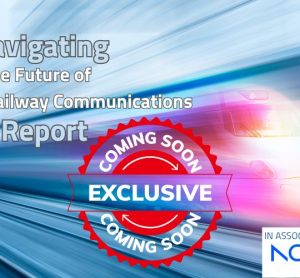FRMCS: Navigating the Future of Railway Communications
The end-of-life for GSM-R is approaching, and transitioning to 5G-based FRMCS is essential for deploying Automated Train Operation (ATO) and real-time predictive maintenance. This transformation is complex, but our special report provides the expert guidance you need. Be among the first to receive our essential special report - secure your…





